Hurricane Ida: Lessons learned
On the morning of Hurricane Katrina’s anniversary, I woke up to a loud knock on my apartment door.
It was a Resident Assistant informing me that Hurricane Ida was approaching faster than anticipated, and that we would be moving into the University Center earlier than scheduled.
I packed my belongings the night before: blankets, pillows, toiletries, a change of clothes and two tote bags filled with food and water. So, all I needed to do was get dressed and say my prayers.
By 11 a.m., all evacuees had made their way into the shelter. My friends and I began to set up our spaces, trying our best to make the blankets and pillows we brought resemble something close to a bed. Within the first hour, time began to slow down exponentially, and we began to realize a long, long night was ahead of us.
Still, we had no real complaints. We were safe, we had plenty of food and we had each other. Through card games, cellular data and good conversation, we were able to pass the time. The first few hours honestly felt like one of those giant lock-in slumber parties people have as children, but all of that changed once Hurricane Ida struck through campus.
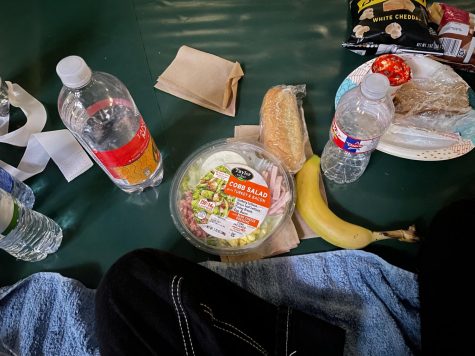 Nothing could have prepared us for the moments that followed. We had not only lost power, but the backup generator was also not able to withstand the storm. By nightfall, we were completely in the dark. By then, I was genuinely afraid.
Nothing could have prepared us for the moments that followed. We had not only lost power, but the backup generator was also not able to withstand the storm. By nightfall, we were completely in the dark. By then, I was genuinely afraid.
In one of the most durable buildings on campus, we could hear the ceiling begin to creak. We could hear the wind barging through the entrance doors of the University Center.
Everyone sat idle in the dark until an officer emerged from the arena entranceway. “I need everyone to move upstairs, now!” Her yell filled the room with such urgency. In unison, we shot up from the ground, scrambled to pack up our things and trudged up the stairs.
We tried our best to re-settle into our sleeping grounds on the upper level of University Center, but the air was much heavier, and the sounds of Hurricane Ida wreaking havoc only grew louder.
Our flashlights were all we had to navigate through the arena. Walking to the restroom, I pointed the light on my feet and saw how wet the floors were becoming. The water was creeping in through the glass doors. I could hear the havoc taking place on the other side but could see nothing. That was the scariest part: I could see nothing.
It began to feel like I was in an apocalyptic movie, and the next morning, I woke up the same way I fell asleep: in the darkness. My bones were aching and the floor beneath me was damp.
At 7:30 a.m., I walked out into the hall and took my first look outside. North Campus was flooded, trees were uprooted and on top of vehicles, and power lines were touching the ground. I never imagined I would see the campus in such destruction.
It was devastating to witness, but the destruction Ida left behind was not my biggest takeaway from this experience. Despite all that Hurricane Ida has taken from the residents of South Louisiana and students of Southeastern, I was reminded that I am not alone.
I’m grateful for everyone who called and texted. I’m grateful for the members of University Housing who made an effort to have conversations with us even when they didn’t have answers to give, and I’m grateful for our Dean of Students who spent many hours at the shelter with us. And, to the Resident Assistant who walked around the entire arena to let everyone know breakfast was available, thank you for being so kind.
Kindness made all the difference inside of the shelter, and it will make all the difference now as we move forward.
This hurricane has reminded me that my expectations will continue to get blown into the wind because this is life, and anything can happen. But, even when we are robbed of our expectations, we can continue to have good intentions. We can choose to be kind and compassionate during a difficult situation. We can choose to make the most of our remaining time when we return back to campus.
Residents of South Louisiana are known for their resilience in the wake of adversity and in the wake of a storm. Our strength and our ability to band together is part of what makes Louisiana, Louisiana. Southeastern has gained that same reputation, and that is something we can all be proud of.
Your donation will support The Lion's Roar student journalists at Southeastern Louisiana University.
In addition, your contribution will allow us to cover our annual website hosting costs.
No gift is too small.
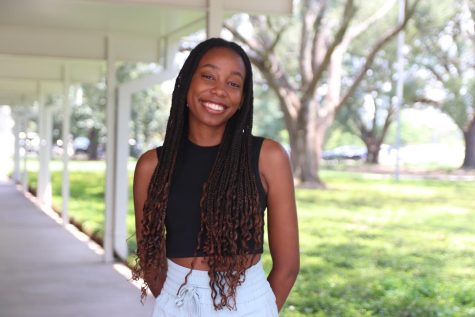
Symiah Dorsey is a communication major from Laplace and serves as Editor-in-Chief. Raised in Europe, Symiah is an avid lover of languages, traveling and...


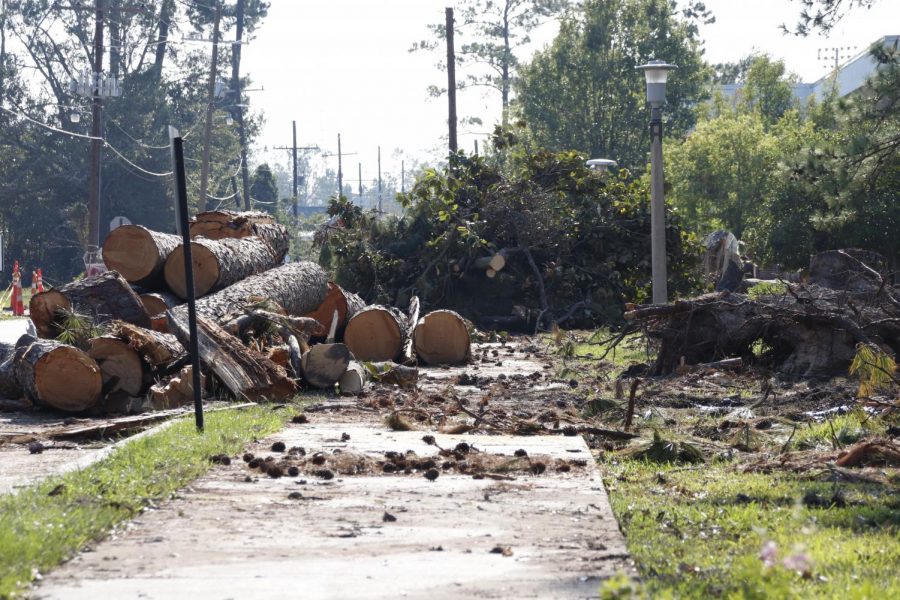
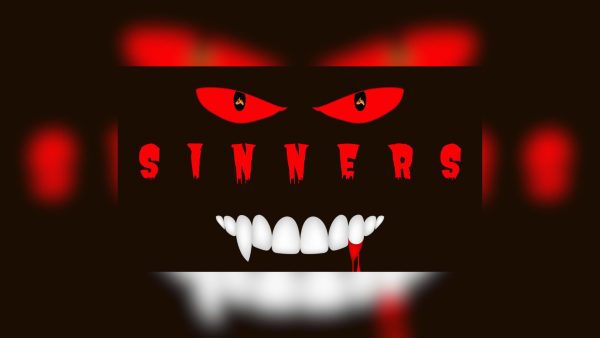
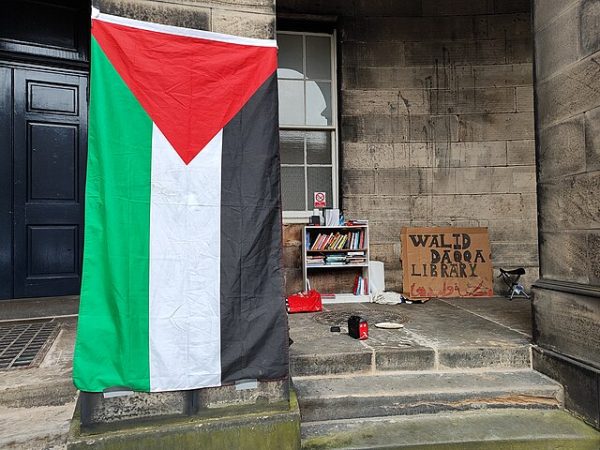
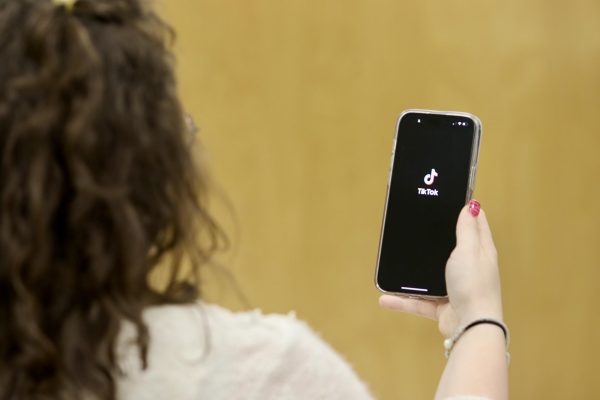

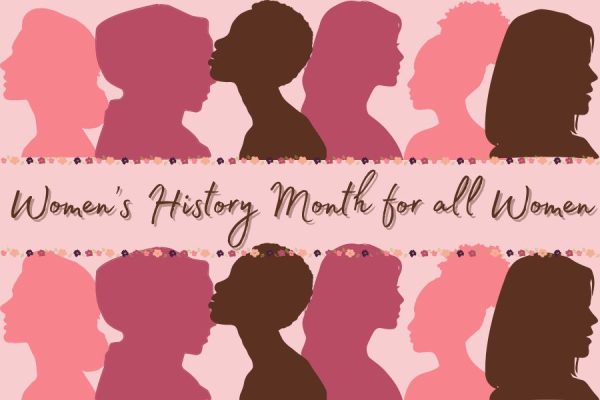
Jill Worth • Sep 17, 2021 at 8:28 am
Wonderful article! I look forward to seeing your name on future articles. Thank you for sharing your experience!
Jeanie Penton Perkins • Sep 9, 2021 at 3:59 pm
What a BEAUTIFUL story, and what a gifted young writer!! So good for my heart to read this article, sent to me in Dallas by a dear old SLU professor, now living in the Phillipines.
Symiah, Your words have made it around the world and back. Bless you!
Jeanie Penton Perkins
jeanie@jeanieperkins.com
Edrica Thomas • Sep 9, 2021 at 3:22 pm
Thank you for sharing your story. Praying for you and your hometown
Carolyn Roman • Sep 9, 2021 at 11:33 am
Awesome reporting on your experience during hurricane Ida. As I read your article, I reflected on my own experience of hurricane Ida for the first time and allowed my mind, heart, and soul to feel the emotions of this traumatic event. Your vulnerability in sharing your experience allowed me to shed a few tears and acknowledge the feelings associated with this experience. We truly need to know that we are not alone in facing and dealing with all of the challenges created by hurricane Ida. Working together with love and compassion we will get through this. Thank you again for taking the time to share your experience.
Larry HYMEL • Sep 8, 2021 at 6:58 pm
Excellent story.